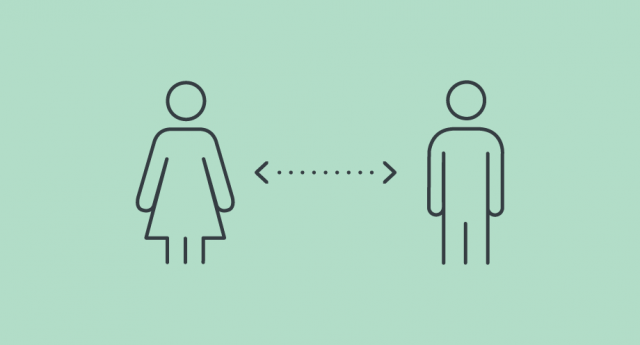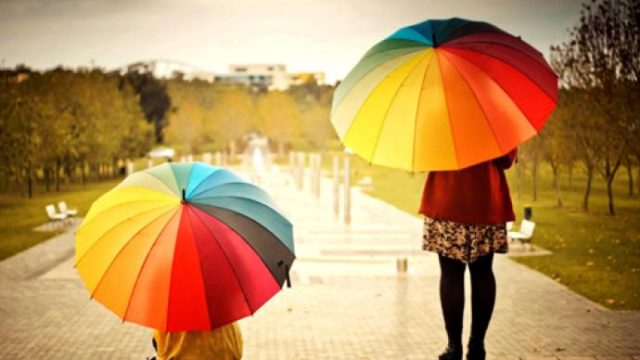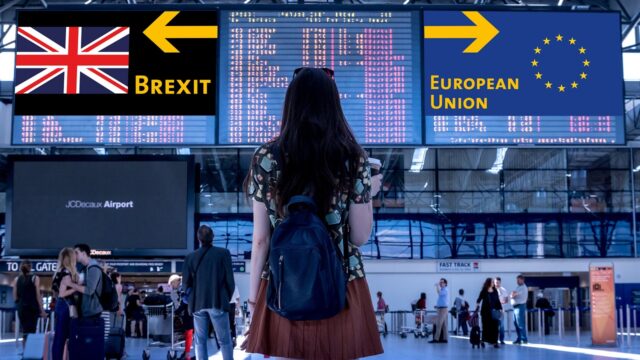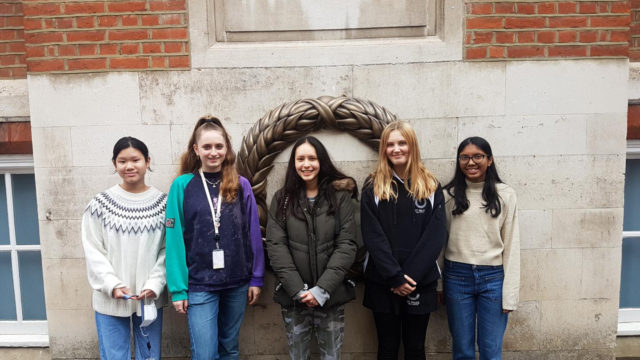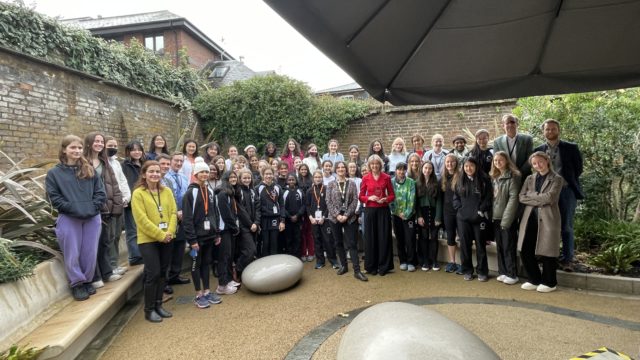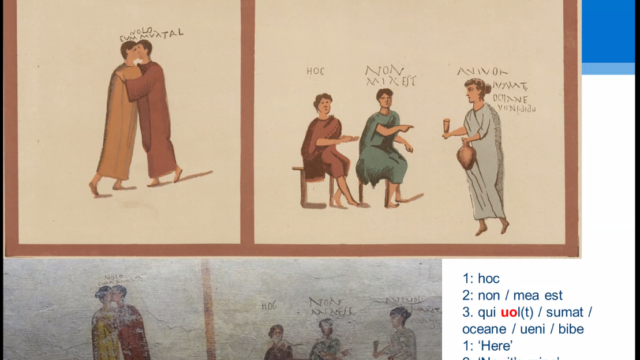iPaulina
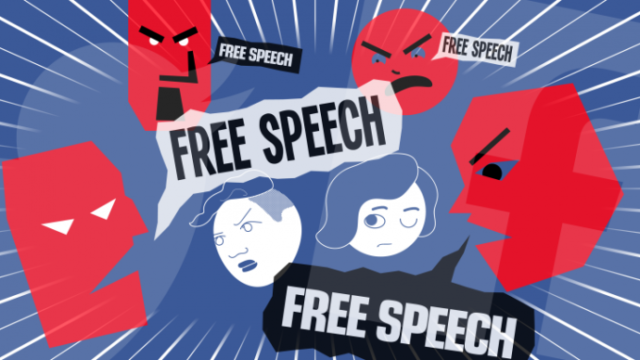
Freedom of Speech vs The Internet
Should free speech be 100% free?In a world where we can access virtually anything in less than a second, there is much debate to what this ‘anything’ should be. The boundary where freedom of speech meets the internet is an unclear one. During the writing of the Declaration of Human Rights, there was no thought about the internet (due to its non-existence), and where it fits within the declaration. Since then, numerous laws applying to the internet have been created, which could be interpreted as contradicting the Human Right to freedom of speech.
Article 19 of the Universal Declaration of Human Rights states that ‘Everyone has the right to freedom of opinion and expression; this right includes freedom to hold opinions without interference and to seek, receive and impart information and ideas through any media and regardless of frontiers.’ What I find very important about this statement is the latter part. The insistence on freedom of speech being able to act through any media is very significant, along with the phrase ‘without interference’. The internet has been manipulated by many people with ill intentions, whether it be radicalization, slander, defamation or cyber bullying. People committing these acts are, however, well within their right of freedom of expression, although they could potentially be sued or charged for these things. This brings up an issue. How can one exercise their right to freedom of speech on the internet, when there are restrictions, regulations and negative implications to certain actions.
I believe freedom of speech is one of the most important and empowering human rights, and has been vital in our progression as a society. However, at the same time I think it has to be controlled, due to its easy exploitation, and potential to be very harmful. Earlier this year an 11 year old girl took her own life after seeing distressing images on Instagram- a very extreme but real example of the potential implications free speech on the internet can have. On another note hundreds of vulnerable young people have been radicalized online, resulting in them joining terror groups such as ISIS. These examples just highlight the fact that freedom of speech on the internet has to be regulated, as anything put on the web, a worldwide interface, is pretty permanent. Everyone should have the right to express their opinion, but if their opinion causes harm to others, I don’t really think it should be expressed. Furthermore, anything posted on the internet is lasting, which has to be taken into consideration as negative behavior such as slander or defamation will stay online for all to see.
Another question is raised, about who decides what is deemed appropriate or not for the internet. Opinion varies with belief, ideology, culture and society so much that it means it is so hard to pick out the evil from the good in the internet. An automated system would also definitely fail, with robots being unable to identify between nudity and a piece of artwork of nude Donald Trump. An alternate way of controlling this could be through making individual platforms responsible for the content uploaded to their site. In Manila, Philippines young women sit at a desktop all day, screening up to 25,000 Facebook posts daily. Portrayed in the movie ‘The Cleaners’, these women have the ability to delete any posts they deem inappropriate. However, you may have noticed an underlying flaw in this already. Firstly, these women will all have a different scale of what is appropriate. One might remove phallic imagery, while another will simply ignore it. These women are also sometimes severely traumatized, spending their whole days seeing disturbing images which we would never want to see. The women will have their own political views and ideology resulting in swayed decisions, and images that might be distressing but are important to be shared might find their fate in the trash.
Not every country follows the human rights declaration, but the free speech law on the internet has allowed many people living in repressive societies to have a voice and spread their message. However, the backlash of a post or comment that perhaps goes against a country’s ideology or laws, could be major for an individual. I find it very important and empowering that people all over can share their opinion on a world-wide platform, but surely in a country where the government intentionally wants to limit your freedom, seeking it would just result in further oppression. It must be noted that in those countries governments often have huge restrictions anyway, so freedom of speech on the internet doesn’t exist absolutely everywhere.
I am one of the biggest advocators of human rights, but believe they don’t apply to every situation. The rights were written before the Internet, and aren’t necessarily imposed in every country despite internet being a free platform in most of the world. Overall, I feel that many question arise when you examine freedom of speech and the internet closely next to each other, and there are not many easy solutions to how they should work together.
Natalia V
